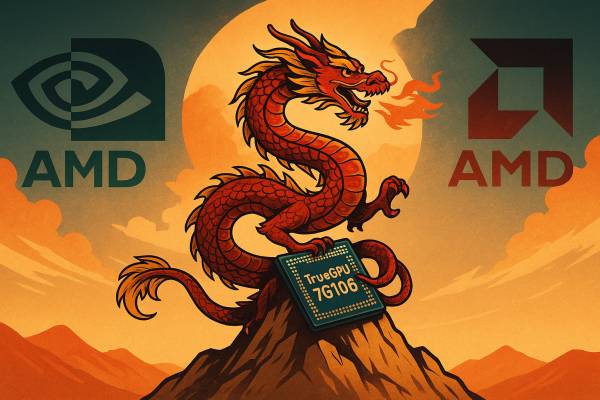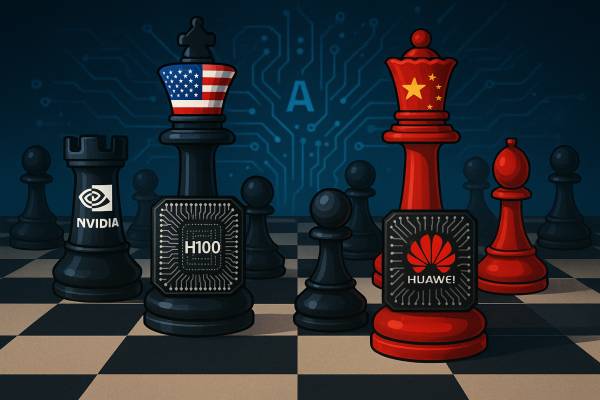In June 2025, the Trump family announced a new mobile communications brand called Trump Mobile, whose flagship product is a smartphone called the T1. The device and its accompanying mobile package were unveiled at Trump Tower, timed to coincide with the 10th anniversary of the former president's first presidential campaign. The goal of the project, at least on a communications level, is to encourage American manufacturing and job creation, as well as to boost the domestic technology sector.
According to announcements, the T1 phone is designed and manufactured in the United States, and accordingly, the brand projects the image of a device made “by Americans for Americans.” The official price of the device is $499, which, according to the announcements, covers premium services, domestic customer service, and American quality. The marketing campaign emphasizes the “Made in USA” promise and the patriotic image of the Trump brand.
At the same time, independent sources and industry analysts have taken a closer look at the T1 phone and its manufacturing background. According to their findings, the device is actually a repackaged version of an existing Chinese-made model, namely the REVVL 7 Pro distributed by T-Mobile. The T1 is essentially a version of the REVVL device with a gold-colored cover and Trump slogans, supplemented with some software modifications. The phone is manufactured by a Chinese company called Wingtech, which has long been a supplier to several major Western brands, including T-Mobile.
The device's technical specifications are not particularly weak – AMOLED display, 12 GB RAM, 256 GB storage, triple rear camera and 5000 mAh battery – but these do not make the model special. The Android 15 phone actually competes in the mid-range market, and devices with similar capabilities are already available on the market at much lower prices.
The mobile network service associated with the phone – “The 47 Plan” – costs $47.45 per month, which includes access to the 5G network, international calls to more than 100 countries, as well as telemedicine and roadside assistance services. However, it is important to note that Trump Mobile does not have its own network infrastructure, but leases the networks of other major US providers such as AT&T, T-Mobile, and Verizon, meaning it operates as a mobile virtual network operator (MVNO).
The project has been met with some criticism. Experts say that the “Made in USA” label is misleading, as neither the hardware nor the software development nor the assembly takes place in the United States. The domestic “modifications” are limited to design elements and packaging. Furthermore, it is questionable how ethical it is to use such a politically charged brand directly for economic purposes, especially since the product is more expensive than the original model without adding any significant value.
Another problem is that in Trump Mobile's official communications, the Trump Organization seeks to distance itself from direct manufacturing and distribution. The brand name is used under a licensing agreement by T1 Phone LLC, which is not part of the Trump family's group of companies. This further complicates the chain of responsibility, especially if the device fails to meet customer expectations or quality issues arise.
Overall, the controversy surrounding the T1 phone is a good example of how a technological product backed by a strong political brand is not enough on its own to ensure market success. Patriotic rhetoric alone cannot replace genuine innovation, transparent manufacturing processes, or fair value for money. Consumers should remain informed and make considered decisions, especially if they are choosing a product based on their political convictions.























